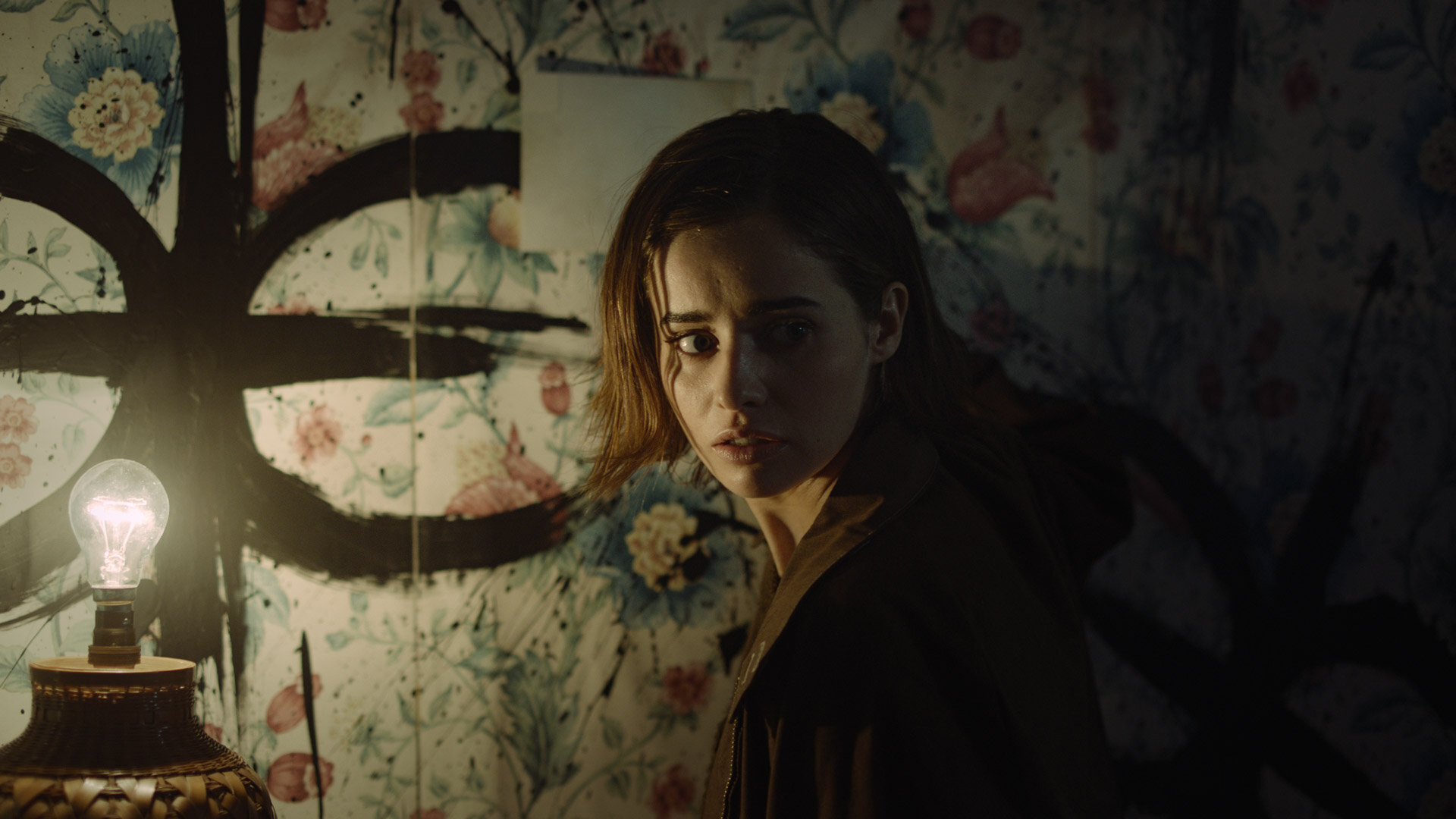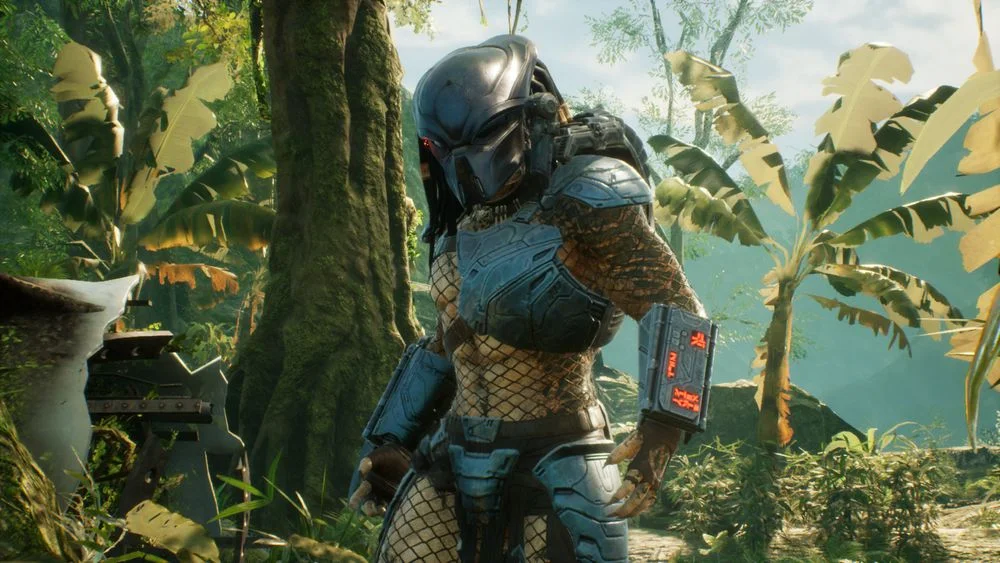Review | Erica
Erica is an interactive decide-your-destiny game developed by Flavourworks and released 19th August 2019. The game mixes recorded footage (full-motion video or FMV) with interactive prompts. The controls are simple for this adventure, with no button prompts to be found; instead, choices are made using a phone (albeit by downloading an additional app) or the DualShock touchpad.
As a fan of those “decide your destiny” games such as Until Dawn and Man of Medan, I was quite surprised to find that Erica had passed my knowledge for several weeks after its release, until I was shown its launch trailer. And I was simply blown away; I initially thought I was being shown a trailer for a film.
The trailer makes it seem like your standard detective drama, a mystery to find the killer of Erica’s father, but depending on player choices, it delves down some completely different routes. Rumours around the true nature of Delphi House surround the investigation, and as the body count grows, would I accept help, or make Erica do this alone? Did I believe the rumours?
Erica blends a “cinematic” experience with gameplay that kept me engaged. The gameplay is live acting, recorded over with the game display presenting an interactive experience. When swiping the touchpad to brush off dust or clean a monument to take a closer look at it, the decisions have a time limit, so I had to be engaged to avoid running down the timer. And sometimes, small pieces of dialogue that preceded decisions can make the difference between characters surviving or not. Typically 5-10 seconds apiece, these decisions are tracked by the pad on the controller or the phone; while I enjoyed the feature, there were sometimes it felt sticky as if both phone app and controller couldn’t completely sync. A couple of times it felt as if it was impacting how immersed I was in the story, so I had to swap to the alternate. At one point this issue almost led to getting a major character killed.
At first, the decisions don’t appear that instrumental; they’re small things such as which photo to try and find, or pressing a bell at the Concierge's desk more than once, but they grow in significance and weight as time goes along. And just like in real life, there is no way of knowing which one would provide the information I needed to get a good ending for Erica.
I really liked the concept of not discovering all of the secrets on a first playthrough, but rather encouraging me to come back and try a different route. Even after five or six attempts, there were still trophies I hadn’t collected and hidden routes I had yet to find, rooms left undiscovered. Behaving differently with other characters allows for me to find new things out, like befriending Hannah let me discover how the oleander perfume is made while following or ignoring Mia Greene’s advice can have dire consequences on Erica’s escape. I found different codes and new hidden passages throughout the house, and each one changed my opinion of just how Delphi House operated, and whether Erica was behaving in a way that reflected the situation. The ability to just question everything just a little bit more, to stir another “What if?” into the narrative is what makes me love this title.
Just how many women have been subjected to Delphi House and all of its iterations? The game missed an opportunity to build something bigger than the single household of Delphi; is this happening elsewhere? Just how many women have been subjected to this? The concept of a larger world beyond Delphi House, of cycles of abuse and mistreating these women for millennia would make a great plot to look into if a sequel was to be made.
I also finished the game the same day Austin Wintory was holding a birthday special “Name Your Price” event on his Bandcamp, so I was able to download the wonderful soundtrack for a $5 donation. Track “Aria for Delphi” comes up several times during the game, with it even being lampshaded by characters at one point. Although I think we can all agree that award-winning Austin Wintory isn’t simply “some guy” as Hannah retorts.
The themes and atmosphere of the game are created through this soundtrack, from the eerier melodies playing more into the intrigue and the mysteries players discover, to the “wolf in sheep’s clothing” illusion that Delphi House presents. Some of the lighter piano pieces reminded me of Wintory’s soundtrack for Assassin’s Creed Syndicate, which isn’t a bad thing! It’s one of my favourite games, so I found it much easier to become attached to the melodies and atmosphere presented to me.
The endings are ambiguous - especially on the first playthrough. I just didn’t have all of the answers or know what to expect. Do I go through it alone? Who do I choose to trust? Is there anyone I can trust? I could either escape Delphi house alone, with friends, or not escape at all! Depending on my choices, on whether to focus more on connections with old family friends, or which of the others in Delphi house to befriend, the game can become something unique. Erica herself can move from a mentally ill woman to a heroine taking down a corrupt organisation.
Overall, I adore this game! It’s a stunning piece of gameplay and the way it melds live acting and game mechanics is splendid, and I’d love to see more games incorporate this mechanic in a more fluid manner. Wintory’s soundtrack once again is stunning, and truly sets the atmosphere in all elements wonderfully and so fitting with the mystery the player is sent to uncover.
Review Roundup:
Pros
-Each playthrough uncovers a new piece of the mystery
-Gorgeous design and wonderful use of live-action.
-A wonderful Soundtrack by Austin Wintory!
Cons
-Feels like there was a missed opportunity to create a bigger connected mystery
-It should have been longer!








